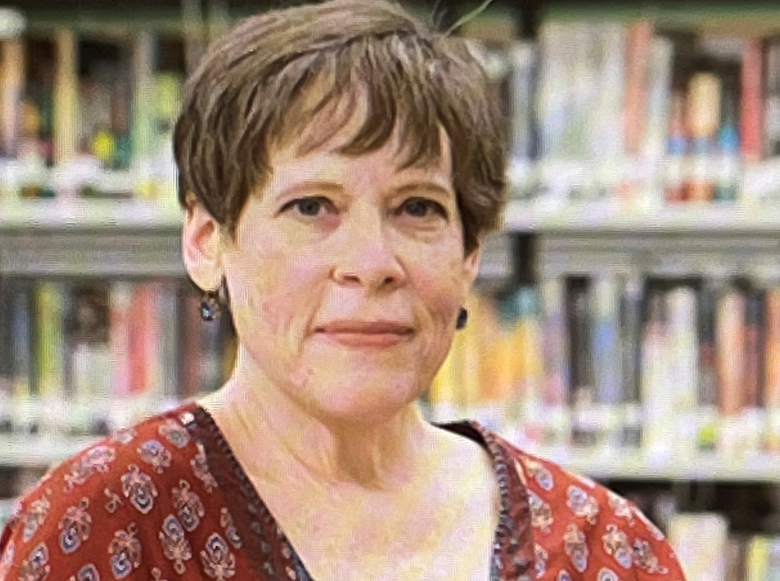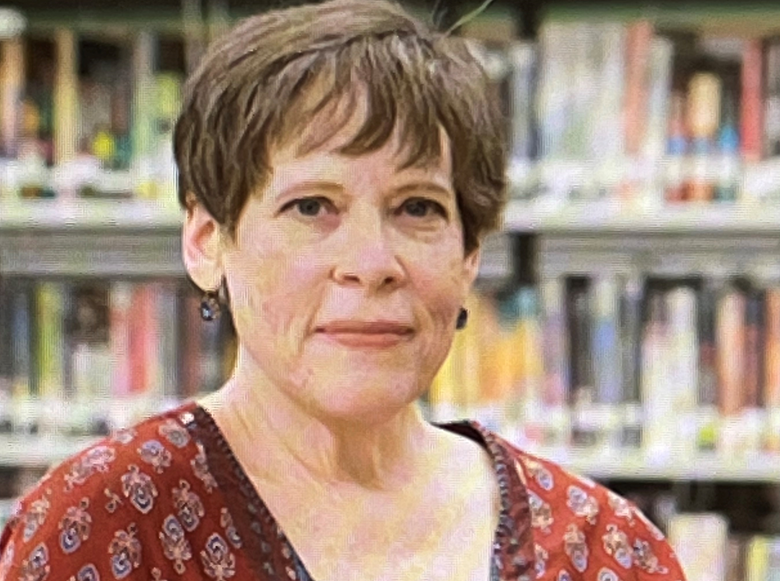
Martha Hickson talked of being labeled a “pedophile” and a “groomer.”
And of strange vehicles cruising by her home.
Hickson is a librarian at North Hunterdon High School.
Some of this may seem surreal, but to Hickson, it’s the reality of 2024.
Hickson was very much the featured witness in a legislative hearing earlier this month on a proposed bill to protect Hickson and other librarians from criminal liability for doing their jobs.
The Assembly Education Committee endorsed the bill with only one dissenter and one abstention. But there’s still a long way to go. A Senate committee has not acted yet and amendments are expected on what supporters call the “Freedom to Read” act.
The backstory here is a national battle over what gets taught in public schools, or more specifically in this case, what books kids read.
In various school districts around New Jersey, mostly conservative parents and organizations have condemned what they call “pornography” in school libraries. Most of the books in question have sexual and/or LGBT themes.
Critics say they’re obscene and inappropriate for minors.
Supporters, such as Hickson, contend these books help students cope with their sexuality, and what’s more, parents who don’t like the books can make sure their kids do not read them.
We’ve seen the issue play out at contentious school board meetings and even in court. A librarian in Roxbury, Morris County, is suing four critics for allegedly defaming her. The suit is pending.
Now, the Legislature is getting involved.
The core of the bill backed by the committee would mandate that:
Boards of education and governing boards of public libraries are not to exclude library material from the library because of the origin, background, or views of the library material or those contributing to its creation. Boards of education and governing boards of public libraries are not permitted to engage in censorship.Students and residents are to be able to reserve or check out any developmentally appropriate library material, including diverse and inclusive material.
Further, this committee substitute provides that a school library staff member, librarian, and any staff member of a public library is to be immune from civil and criminal liability for good faith actions in complying with the requirements of the substitute.
A lengthy hearing on the bill mirrored arguments made at board meetings throughout the state.
Critics, including a representative of the Bergen County chapter of Moms for Liberty, a national group, raised a number of concerns:
The bill does not protect parents’ rights.
It legitimizes pornography for students.
It should be called the “freedom to distribute obscene material act.”
There was – as noted – talk of amendments to come, but it’s hard to see a compromise here.
Supporters of the bill tried, suggesting – as mentioned – that reading any book is optional, not mandatory.
In response, a critic of the bill said that was a “false equivalency,” because providing kids with “obscene” material is against the law.
Of course, not everyone views many of the books in question as obscene.
(Visited 27 times, 27 visits today)
The Assembly Education Committee recently voted to protect librarians in New Jersey, a move that has been welcomed by educators and library advocates across the state. The decision comes after months of advocacy and lobbying efforts by various groups who have been pushing for increased support and recognition for school librarians.
The vote, which was unanimous, will require all public schools in New Jersey to employ a certified librarian in every school building. This is a significant victory for those who believe that librarians play a crucial role in promoting literacy, research skills, and critical thinking among students.
In recent years, there has been a trend towards cutting funding for school libraries and eliminating librarian positions in many districts. This has been a cause for concern among educators and parents who understand the important role that librarians play in supporting student learning and academic success.
Research has shown that schools with certified librarians have higher student achievement levels, better literacy rates, and improved overall academic performance. Librarians are not just bookkeepers or shelvers; they are trained professionals who can help students navigate the vast world of information, teach them how to conduct research, and instill a love of reading and learning.
The Assembly Education Committee’s decision to protect librarians is a step in the right direction towards ensuring that all students in New Jersey have access to the resources and support they need to succeed academically. It sends a strong message that the state values the important work that librarians do and recognizes their contributions to the education system.
Advocates hope that this decision will inspire other states to follow suit and prioritize the role of librarians in schools. By investing in school libraries and supporting certified librarians, we can help ensure that all students have the opportunity to reach their full potential and become lifelong learners.
Overall, the Assembly Education Committee’s vote to protect librarians is a positive development for education in New Jersey. It demonstrates a commitment to providing students with the resources and support they need to succeed, and recognizes the vital role that librarians play in fostering academic achievement and promoting a love of learning.


